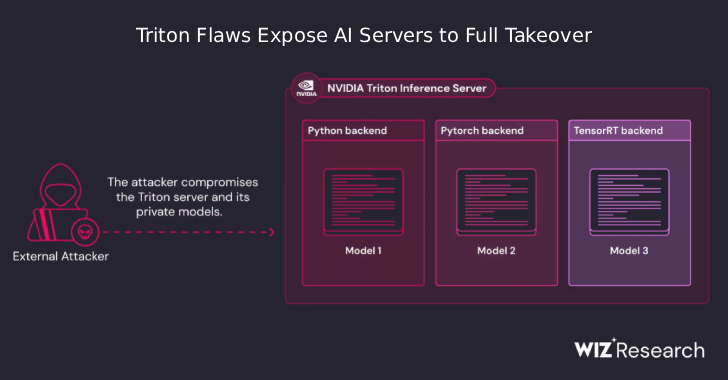Dream Job or Cyber Trap? The Rise of Fake Recruiter Scams on LinkedIn
How Cybercriminals Are Exploiting Job Seekers and Threatening Corporate Security
If a recruiter on LinkedIn offers you the role of a lifetime, think twice—it could be a well-disguised cyberattack.
Cybercriminals have found their way into the world’s largest professional networks, using platforms like LinkedIn and WhatsApp to lure professionals with seemingly ideal job offers.
This growing tactic—often involving fake recruiter profiles and sophisticated messaging—has become a prime method for phishing, malware, and data breaches across multiple industries.
How the “Dream Job” Scam Works
Here’s how the scheme unfolds:
- Identify and Target: Hackers scout LinkedIn for professionals in strategic positions within targeted industries—finance, healthcare, tech, and more. By profiling company employees, they identify specific individuals likely to be intrigued by a sudden, promising opportunity.
- Create a Fake Profile: Posing as an HR executive or senior recruiter, the hacker builds a convincing profile, often complete with connections to real people, job history, and endorsements. Sometimes, they even create a website to make their fake company look legitimate.
- Build Trust: The recruiter reaches out, offering an enticing job at a rival or prestigious company. They establish a rapport over LinkedIn, WhatsApp, or email, using polished language and professional messaging to make the offer seem real.
- Deliver the Payload: Once trust is established, the “recruiter” sends a document or link, supposedly related to the job application. In reality, it’s malware. By clicking, the victim unknowingly gives hackers access to their device and potentially their company’s network.
- Ghosting: As soon as the malware is deployed, the fake profile disappears, leaving little trace for investigators.
Why This Scam Is Effective
LinkedIn is built on trust. Professionals assume that connections and recruiters are credible. Cybercriminals know this and exploit that trust to bypass traditional security measures. Unlike corporate accounts, personal LinkedIn and WhatsApp profiles often lack strict security protocols, making them easier targets.
The Consequences for Individuals and Companies
This scam doesn’t just put personal data at risk—it can expose entire organizations. Once malware is installed, hackers gain a backdoor to sensitive company systems. They can steal corporate data, passwords, financial information, and even access intellectual property. For companies, these attacks can lead to data breaches, financial losses, and reputational damage.
How to Protect Yourself and Your Organization
- Vet Recruiters Carefully: Before engaging, check the recruiter’s profile for inconsistencies. Do they have a history of connections and endorsements? If in doubt, contact the company directly to confirm the recruiter’s identity.
- Stick to Official Channels: Even if the offer is enticing, insist on communicating via the company’s official channels, not personal messaging apps.
- Be Wary of Attachments and Links: Never download files from unsolicited contacts. Only use links and files shared through trusted sources.
- Stay Up to Date: Keep your operating systems and antivirus software updated. Many attacks exploit outdated systems with weak security.
- Limit Job-Seeking Signals: Avoid using open “looking for work” indicators like LinkedIn’s #OpenToWork badge, which can make you a visible target for scammers. Instead, use LinkedIn’s recruiter-only settings to signal availability.
A Persistent Threat
With cybercriminals adopting increasingly sophisticated tactics, scams like “Dream Job” underscore the need for heightened vigilance. Job seekers across all industries are at risk, and companies face real dangers if employees unknowingly open doors to their networks.
Cybercriminals exploit the trust we place in professional platforms. Staying alert and using secure channels can make the difference between a real opportunity and a costly mistake.
In today’s world, that “dream job” offer might just be your digital nightmare. Stay cautious, and protect both yourself and your company by treating unsolicited job offers with the scrutiny they deserve.
At Cyber Defense Advisors, we’re committed to helping you stay informed and protected against the latest cyber threats. Scams like these “Dream Job” attacks highlight the need for a proactive, knowledgeable approach to cybersecurity. We’re here to educate, advise, and equip both individuals and organizations to defend against evolving risks, ensuring your personal and professional spaces remain secure.
Stay one step ahead—Contact Us today to learn more about how we can help safeguard your digital environment and empower you to navigate these threats confidently.






